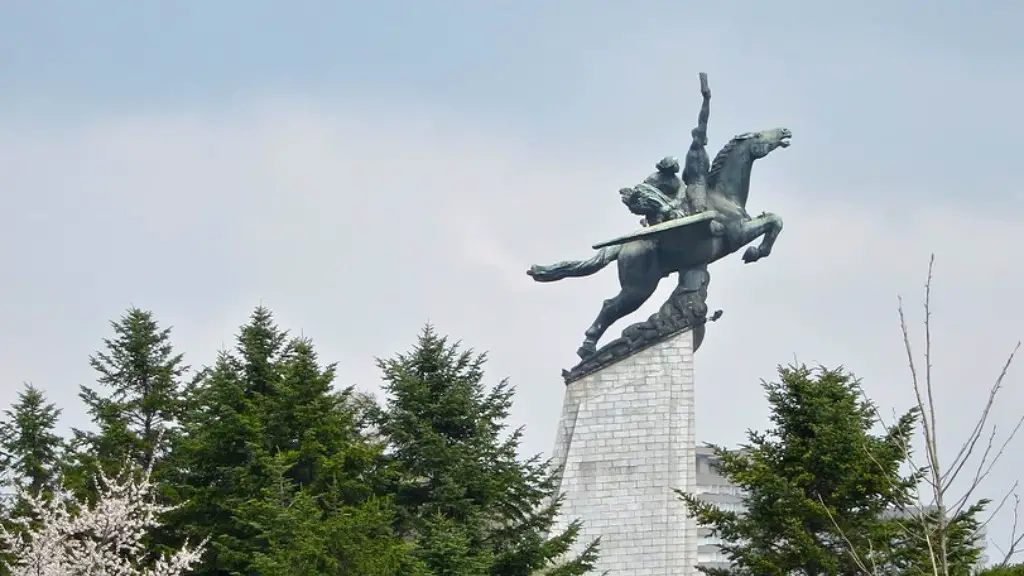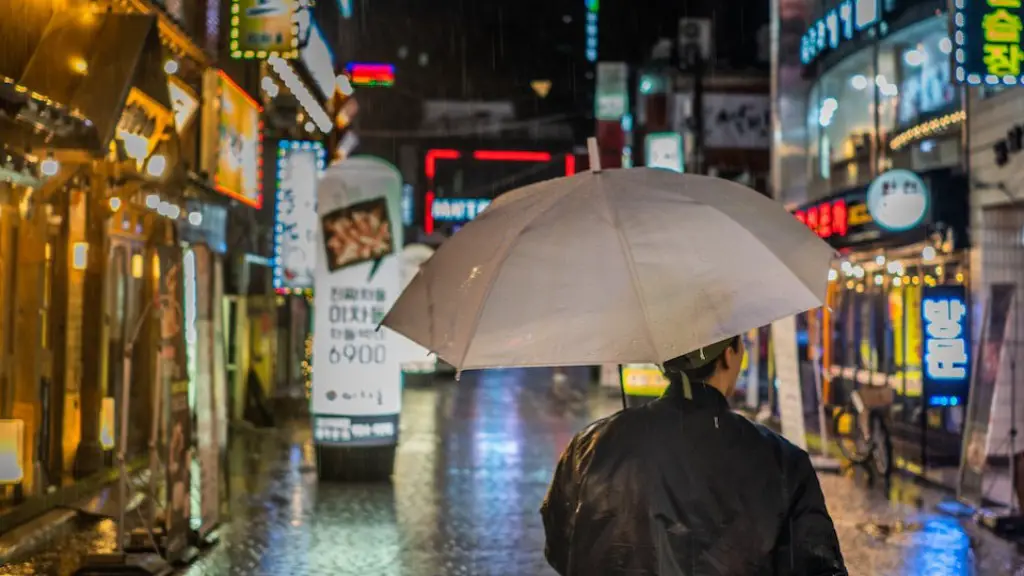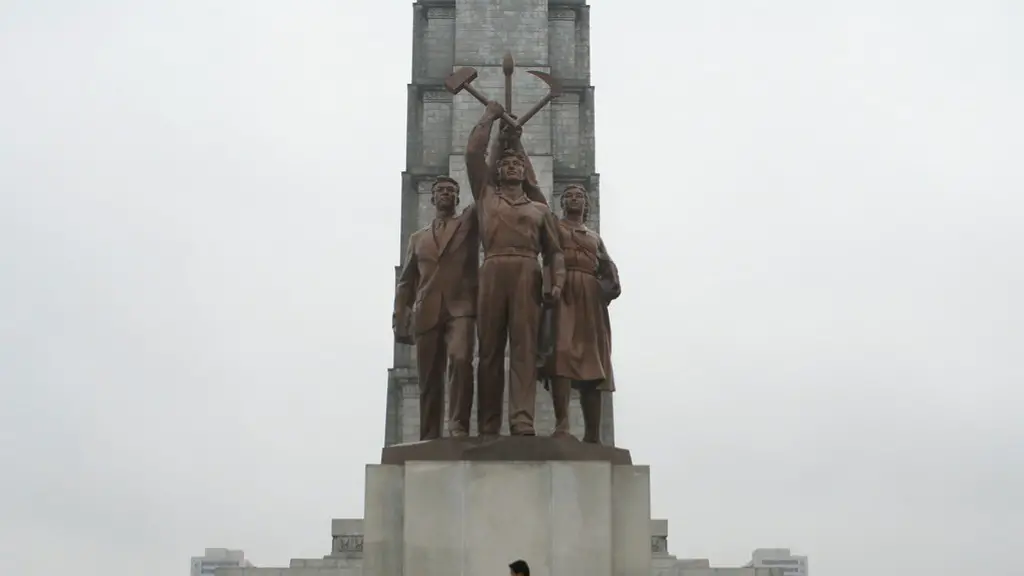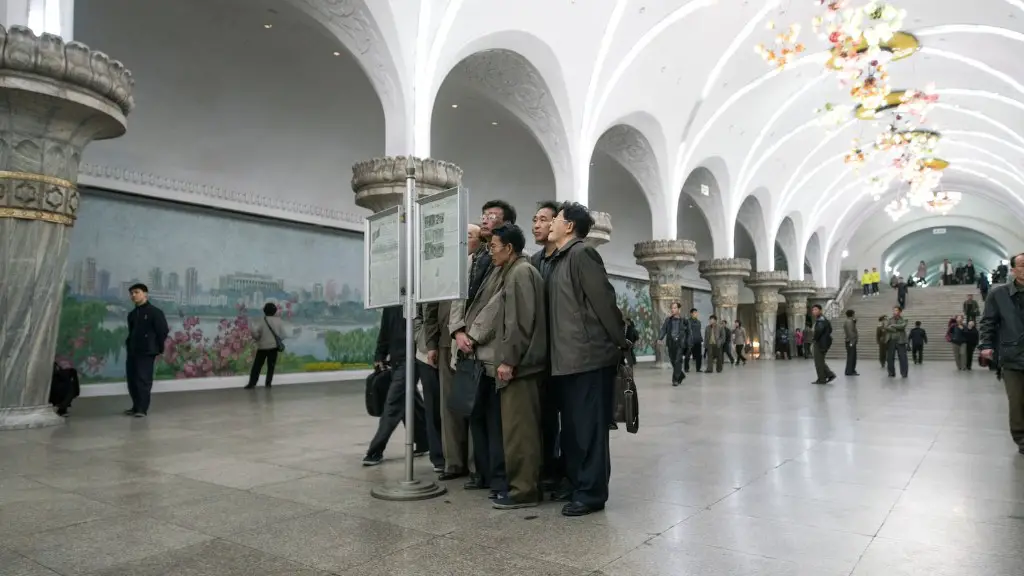North Korea’s Nuclear Programme
North Korea’s nuclear programme includes plans to develop a nuclear-armed ballistic missile capable of reaching the United States. In 2017, Kim Jong Un declared that the country had achieved its capability to deploy a fully operational Intercontinental Ballistic Missile (ICBM) – a long-range nuclear weapon – meaning it could hypothetically threaten America.
The regime has conducted several nuclear tests since 2006, and its stockpile of plutonium is estimated to be sufficient for at least 20 nuclear bombs. North Korea is believed to have also developed a miniaturised nuclear warhead, meaning it could fit onto an ICBM; the regime’s claim has yet to be independently verified.
Under the UN Security Council’s resolutions, North Korea has been prohibited from developing ballistic missiles since 2006. However, their efforts continued, and North Korea has defied international pressure with its ICBM tests, which have become a source of grave concern across the globe.
The US and North Korea have a troubled relationship, and diplomatic efforts to deter the regime’s nuclear ambitions have yet to be successful. The US has warned that all options are on the table in terms of taking action against North Korea, leading to the inevitable question; is the US really going to get bombed by North Korea?
What Can the US Do?
The US has deployed THAAD missile defence systems to South Korea, as well as bombers and fighter jets, to provide a safety net against potential North Korean aggression. However, some experts believe these defences might not be sufficient, and that North Korea’s advancing technology could render them obsolete.
The US has taken a hard line approach against North Korea, launching military drills in the region and increasing economic sanctions. This is backed by international bodies, and the UN Security Council has also imposed its own sanctions, finding ways to cut off the regime’s funding and thereby curb its military ambitions.
President Trump and Kim Jong Un have also held a series of talks designed to dismantle North Korea’s nuclear arsenal. However, the results of these meetings are yet to be seen, with North Korea shunning multiple offers from the US and dismissing their claims, warning it will continue to develop its nuclear weapons.
Short of taking military action, it is unclear what the US can do to resolve the crisis. Until North Korea stops its nuclear ambitions, the prospect of the US getting bombed will remain a real possibility.
The Risk of Retaliation
When deciding whether the US should take military action against North Korea, there is another crucial factor to consider; the risk of retaliation. North Korea is estimated to have over 10,000 artillery positions on the border with South Korea, and the regime could cause large-scale destruction if it chose to fire its weapons in retaliation to a US attack.
Additionally, South Korea, Japan – America’s most important regional ally – and the US military bases in Okinawa, Guam and Hawaii, could be within striking distance of North Korea’s missiles. If a conflict were to escalate into a full-scale war, there is no telling how many lives could be lost.
Although the US could use its own military might to overwhelm the North Korean regime, the risks associated with such action is too great. According to current defense secretary James Mattis, the potential cost in terms of human life of any US military action is “too horrific”.
Under these circumstances, it is unlikely that the US will ever choose to launch a pre-emptive military attack against North Korea.
US Resolve
Although the US is unwilling to take military action, President Trump has made it clear that he is determined to prevent North Korea from ever achieving its nuclear ambitions.
The president has repeatedly warned that the regime will “face the fire and fury” if it continues to test its missiles, and in 2018 he even held a summit with Kim Jong Un to discuss North Korean denuclearisation.
The meetings were a positive step in the right direction, but the negotiations ultimately collapsed after North Korea refused to adhere to the US’s proposed sanctions. Despite the setback, Trump said that he is still willing to continue talks.
The president is committed to keeping the peace, but he has also vowed to ensure that the US will always have the upper hand in any negotiations. It is clear that while the US may not strike first, it is also not afraid of retaliation.
The Future of US-NK Relations
It seems unlikely that North Korea will agree to denuclearisation in the immediate future. Both sides have made it clear that they are unwilling to back down, and so a stalemate is imminent for the foreseeable future.
That said, President Trump has also made it clear that he is unwilling to countenance North Korea’s nuclear ambitions, and so the situation could quickly escalate if tensions only deepen. It is essential, therefore, that both sides maintain the dialogue, seek compromise and avoid the use of military force.
As for the prospects of the US getting bombed, in the short term it is unlikely that North Korea would choose to launch a nuclear attack against the US, given the potential ramifications. Although Iran may be tempted to use its nuclear weapons, it is unlikely that they would risk US retaliation in return.
In this sense, the threat of the US getting bombed by North Korea can be considered low, and a peaceful resolution to the crisis should be seen as the most likely outcome. Nonetheless, the threat of nuclear attack is still very real, and so the international community must stay vigilant in order to ensure that the situation does not spiral out of control.
The Role of China
China has long been considered a key player when it comes to North Korea’s nuclear activities, given that it has such close ties with the regime. The Chinese government has been a vocal critic of North Korea’s nuclear programme and has voted in favour of several UN sanctions. However, some experts believe that China is not doing enough.
It is believed that China is supplying North Korea with the resources it needs to continue to develop its nuclear capabilities. This is related to Beijing’s goal of maintaining a buffer zone between itself and US forces. In short, China is more concerned with preserving stability in the region than with dismantling North Korea’s missiles.
China must play a more active role in finding a solution to the crisis. It has a unique ability to influence the Kim regime and must use it to reign in North Korea’s nuclear ambitions. A failure to do so could have catastrophic implications for the region.
International Coalitions
In order to tackle the crisis, it is crucial that the world comes together to confront the issue. The UN Security Council must work in unison to ensure that resolutions are enforced, while the US and other key players must work in tandem with China to find a peaceful solution.
Coalition building also needs to take place at an individual level. The US and North Korean representatives must learn to trust each other and build a relationship of mutual respect. The more open the dialogue, the more likely that the two sides can find compromise.
The process of de-escalation is ongoing, and North Korea’s nuclear weapons remain a cause for grave concern. The international community must stay the course and keep its focus on the ultimate goal of achieving a lasting peace in the Korean peninsula.
Naturally, this is easier said than done, especially when it comes to the interests of key players like China and the US. Nonetheless, if unity and collaboration can be achieved, the hope of a safer, nuclear-free world will remain alive.





